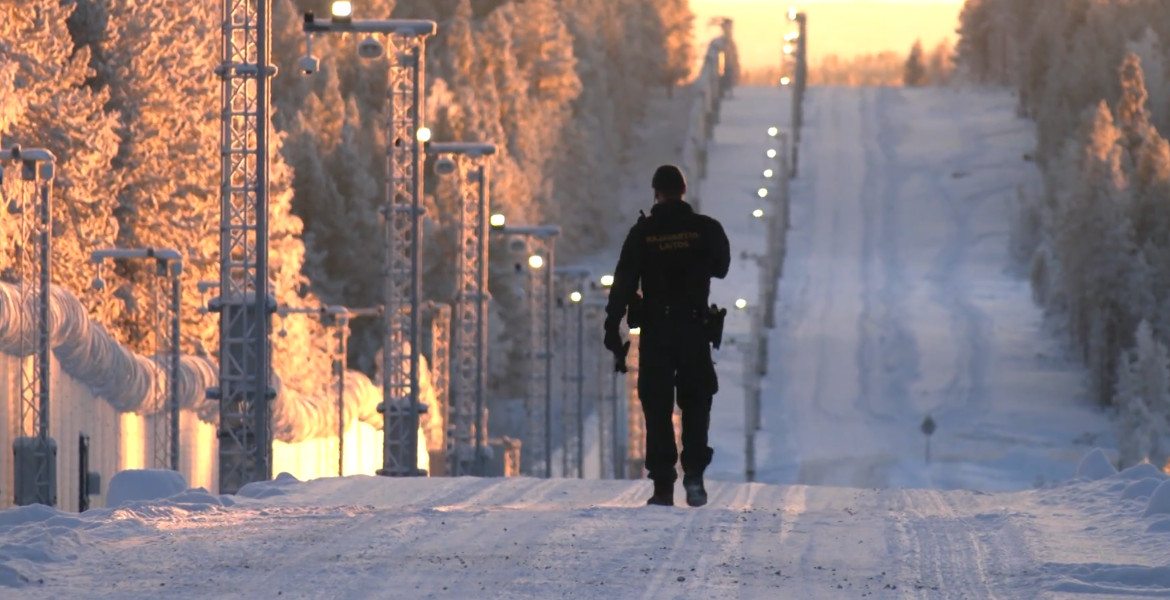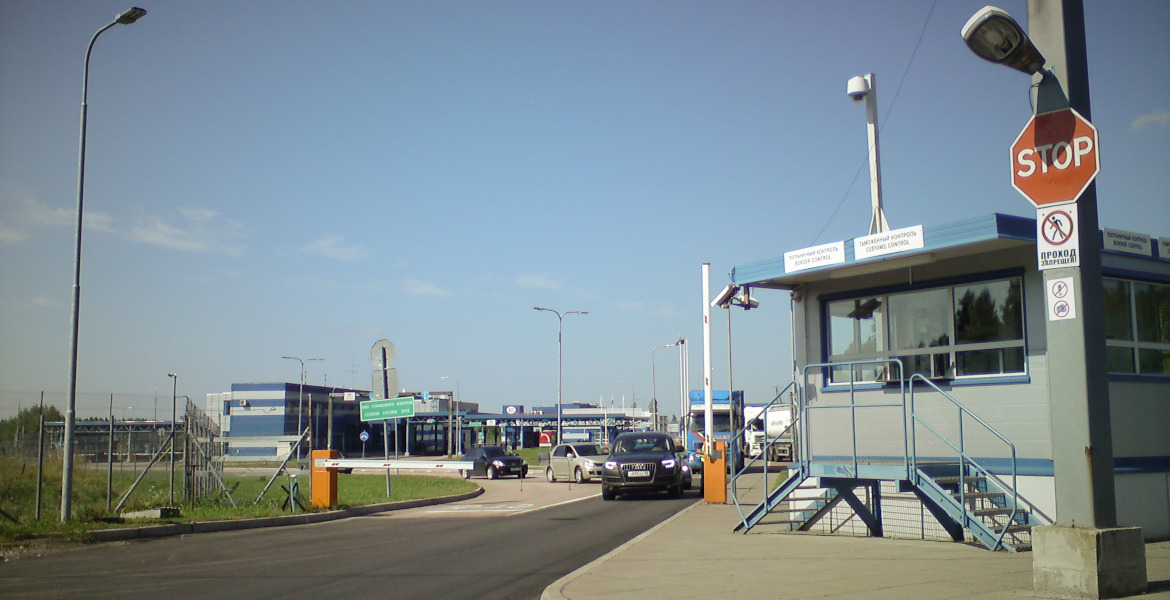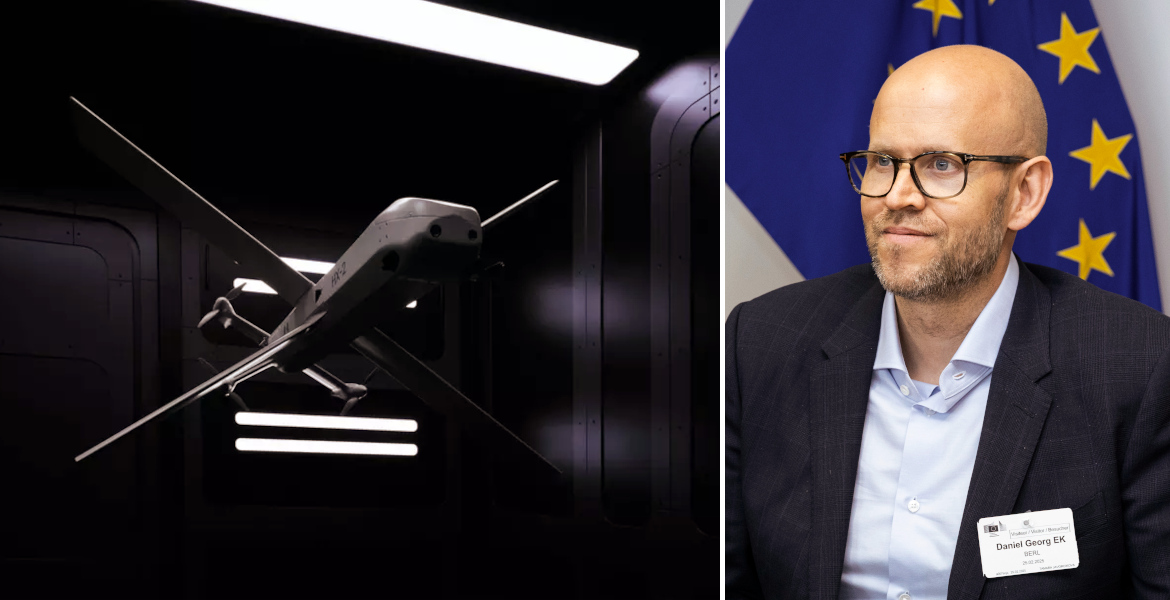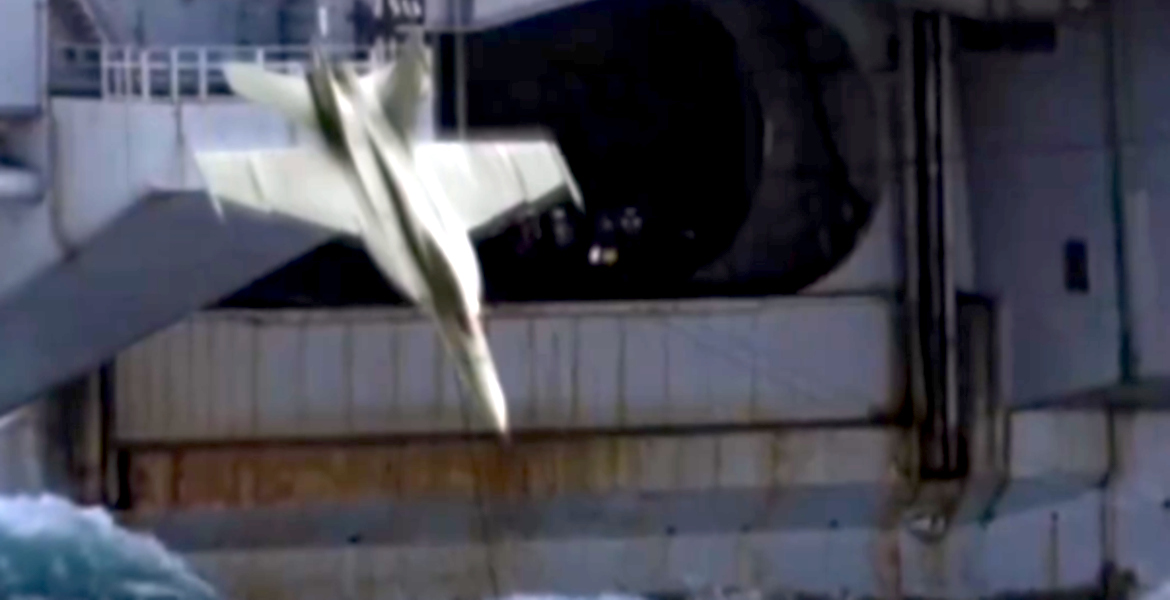The international world order is under "threat in a way we haven’t seen since the cold war", the heads of Britain's MI6 and the US CIA have claimed in a rare joint statement.
The statement, published in the Financial Times, highlights the war in Ukraine, alleged Russian sabotage campaigns in Europe and a growing"intelligence and geopolitical challenge" from China as key areas of concern.
This is the first time that the heads of the two intelligence services, Sir Richard Moore and William Burns, have issued a joint statement in a newspaper article. In the article, they warn that the international order - which they say is a "balanced system that has led to relative peace and stability and delivered rising living standards, opportunities and prosperity" - is now under serious threat.
"The international world order is under threat in a way we haven’t seen since the Cold War", the two executives write in the Financial Times.
'I don't think there's been a better example of the significance of our partnership than the run up to the war in Ukraine.'
CIA director Bill Burns, discusses the important partnership of the @CIA and MI6. #FTWeekendFestival pic.twitter.com/Yt8ZJ6ngIz
— Financial Times Live (@ftlive) September 7, 2024
“Putin’s a bully”
The Ukraine war is seen as one of the biggest threats to the world order and part of a “wider pattern” of Russia trying to influence the situation in Europe through “cynical use of technology to spread lies and disinformation”.
In an interview during the FT Weekend Festival in London, the close cooperation between the US and British intelligence services was highlighted. Burns stressed the importance of Ukraine's recent "military successes", but warned that these victories do not necessarily mean that Putin's grip on power in Russia is weakening.
While Mr Burns views Ukraine's recent seizure of Russian territory in the Kursk region as a "significant tactical victory", he sees no evidence that Russian President Vladimir Putin's grip on power is weakening.
According to Burns, there was a "real risk" in 2022 that Russia would use tactical nuclear weapons in response to "its setbacks in the war". But the CIA chief said the West should not be deterred by the threat of nuclear escalation.
– Putin’s a bully. He’s going to continue to sabre rattle from time to time, he argued, but stressed that such threats should not be allowed to have a deterrent effect on continued support for Ukraine.
Russian intelligence services “feral”
Moore also described how Russian intelligence services have used alleged “criminal elements” to carry out sabotage operations in Europe, which he said is a sign of desperation.
– Russian intelligence services have gone a bit feral in some of their behaviour, he said, warning that even amateurish attempts can be dangerous.
MI6 and the CIA chiefs: "we continue to work together to disrupt the reckless campaign of sabotage across Europe being waged by Russian intelligence, and its cynical use of technology to spread lies and disinformation designed to drive wedges between us."https://t.co/kODePQD4gx
— Reform Political Advertising (@clearpolitic5) September 7, 2024
China and the Middle East
Moore and Burns went on to say that in addition to the Ukraine war, China's growing influence poses one of the biggest intelligence challenges of the century.
They described how their respective organizations have reorganized to better address this priority and how they are actively working to “counter Russia's campaigns of sabotage and disinformation in Europe”, as well as pushing for de-escalation and a ceasefire in the Middle East.
– This is ultimately a question of political will, said Mr. Burns, who has been centrally involved in pushing for a ceasefire between Israel and Hamas.
In the interview, Moore and Burns were careful to point out how MI6 and the CIA had “warn the international community” about the “Russian invasion” by publishing intelligence information.
– There is no doubt that the international world order - the balanced system that has brought relative peace and stability and increased living standards, opportunity and prosperity - is under threat in a way that we have not seen since the Cold War, Sir Richard Moore and William Burns concluded the joint statement.




